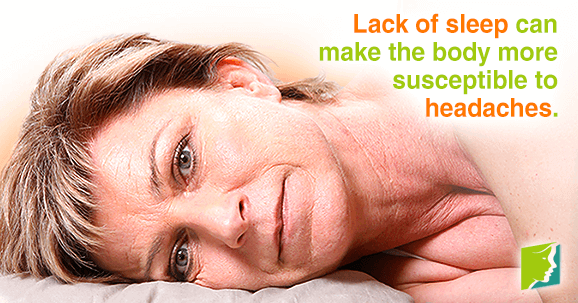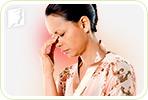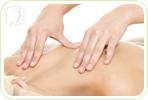There are two common types of headaches. Tension headaches are mild, everyday headaches that typically don't last more than a few hours. Migraines, a recurrent, throbbing pain that starts on one side of the head, are much more severe. They can last anywhere from a few hours to a few days. Several habits can also trigger severe headaches, like caffeine and insufficient sleep.
Alcohol
Drinking too much alcohol can cause excruciating headaches the next day (i.e., a hangover). However, many people aren't aware that drinking too much alcohol before bed can also disrupt sleep, rather than help with it, increasing the likelihood of headaches the next day.
Caffeine
Caffeine dehydrates the body quickly, so drinking too many cups of coffee or tea can induce headaches. Caffeine withdrawal can also induce headaches, so if you're trying to quit caffeine, reduce your consumption gradually.
Insufficient Sleep
Lack of sleep can make the body more susceptible to sickness and headaches. It's important to get plenty of sleep every night - about eight hours is recommended - in order to stay healthy and have sufficient energy.
Skipped Meals
Not eating enough throughout the day causes a dip in blood sugar, which can be directly linked to headaches. Eat small, healthy meals and snacks throughout the day, about three to four hours apart.
Certain Foods
Foods that contain headache triggers like aspartame, monosodium glutamate (MSG), nitrates, and tyramine should be avoided as much as possible in order to prevent headaches. Aspartame is an ingredient found in artificial sweeteners, while MSG is a common additive in many frozen foods, and is frequently found in soy sauce. Nitrates are in reformed meats like hot dogs, and tyramine can be found in some aged cheeses and sausages. Each woman has different triggers, so try keeping a food and headache journal to find yours.
Dehydration
This may seem like a no-brainer, but many people are unaware that they are dehydrated on a daily basis. The most commonly recommended amount of daily water intake is the equivalent of eight glasses.
Stress
Stress may also seem like an obvious trigger for headaches, but it is one of the most common. A few helpful stress reducers are yoga, walking, or swimming - whatever helps relax you.
Poor Posture
Poor posture allows tension to build up in the neck, head, and shoulder muscles, which can cause severely painful headaches. Try to avoid slouching and sit up straight, and avoid cradling a phone between your head and shoulder for too long.
Women are five times more likely to get headaches than men, which is likely due to hormonal fluctuations during menopause, menstruation, and pregnancy. Although it's important to try to restore the balance of hormones, it's also key to try and avoid bad habits that can trigger headaches. Insufficient sleep, dehydration, and skipped meals are among the most common of these bad habits.
Sources
- National Health Service UK. (2013). Hormone headaches. Retrieved July 18, 2014, from http://www.nhs.uk/livewell/headaches/pages/hormonalheadaches.aspx
- National Health Service UK. (2014). Migraine - Causes. Retrieved July 18, 2014, from http://www.nhs.uk/conditions/migraine/pages/causes.aspx
- Office on Women's Health. (2012). Migraine fact sheet. Retrieved July 18, 2014, from http://www.womenshealth.gov/publications/our-publications/fact-sheet/migraine.html#n




